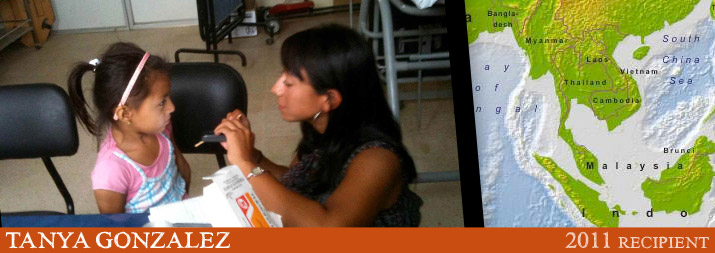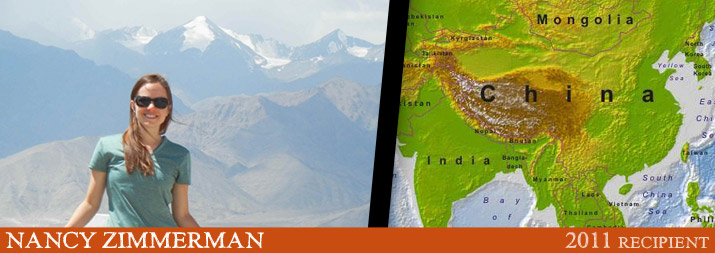Mary Jo Pham grew up in Springfield, MA, and has completed her sophomore year at Tufts University. Mary Jo worked in the Public Affairs Office at the US Embassy in Phom Penh, Cambodia during the summer, concentrating on press, cultural, educational programs. Mary Jo received a $1000 scholarship from Sara’s Wish Foundation.
Here are Mary Jo’s travel safety tips:
Any trip to Southeast Asia will be an unforgettable experience. The journey is one that will open a door to new cultures, languages, people, and adventures. Life in the major cities such as Bangkok, Phnom Penh, and Ho Chi Minh City differ from rural and pastoral living. The rules and tips to how to be safe throughout your trip, however, do not.
- Always know where you are and where you’re going, be very aware and vigilant. Put yourself and your safety first.
- Give your family/emergency contact person details as to where you’re going, when/how long you’re staying, and contact addresses and phone numbers.
- Research your destinations thoroughly and know where to avoid.
- Learn key phrases in the language (No. Stop! I need help. I’m lost)
- Carry an emergency information card in your wallet and on your person.
- Don’t walk or travel at night in unlit areas. While Ho Chi Minh City is lit up like New York City, other places in Vietnam often are not. Roads are dark and seeing road obstructions are difficult. Please don’t night travel.
- Please avoid carrying backpacks and purses. Opt to put money in a security pouch or front pocket. If you must wear a purse or carry a bag, make sure it’s slung closely across the front of your body, as to avoid pick-pocketing and snatching.
- Keep valuables well hidden and/or in a safe in a hotel room.
- Have money available via small amounts of cash, card, traveler’s check, and always have an extra $20 USD -$50 USD on your person should an emergency occur. Invest in a security pouch to wear and to store documents while traveling long distances.
- Register with the U.S. Embassy in the country you’re traveling to. Think: GOSHH. Go Off Safe, Healthy, and Happy! When in doubt, always ask questions, always walk, and always put your safety first.

